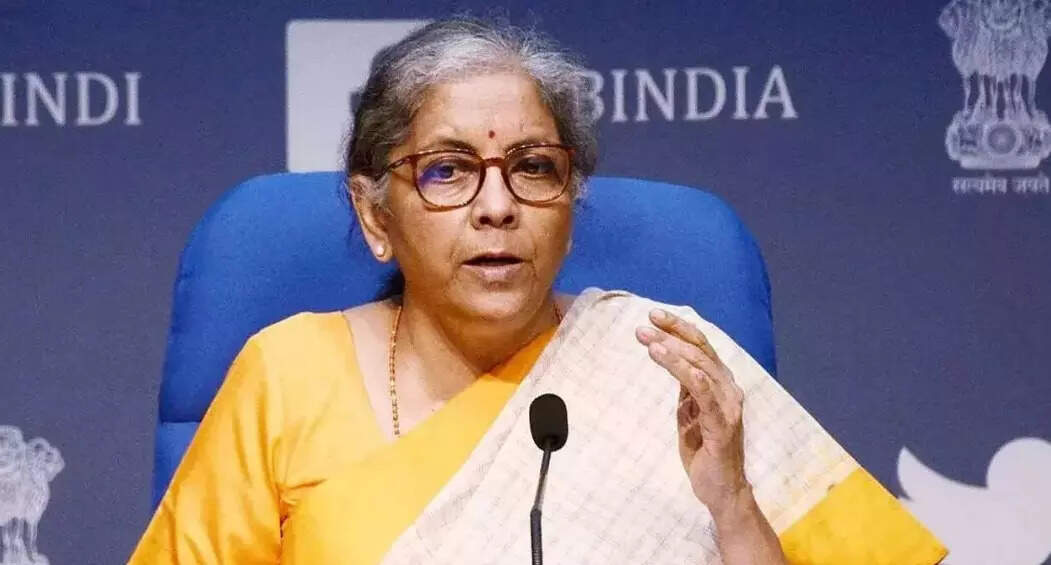Finance Minister Nirmala Sitharaman Concludes 10 Rounds of Pre-Budget Consultations for Union Budget 2026-27
Union Finance Minister Nirmala Sitharaman has officially completed 10 extensive rounds of Pre-Budget Consultations in New Delhi, setting the stage for the Union Budget 2026–27. Over the past several days, experts and representatives from India’s most crucial sectors gathered to share their insights, concerns, and expectations for the upcoming financial roadmap.
The consultation series began with leading economists and gradually expanded to include farmer groups, agriculture specialists, MSME representatives, capital market leaders, manufacturing bodies, startup founders, BFSI stakeholders, IT professionals, tourism and hospitality players, as well as trade unions and labour organisations.
Each group put forward recommendations aimed at boosting economic growth, improving job creation, strengthening investment opportunities, enhancing technological progress, and fortifying India’s financial and industrial framework. Discussions also touched on labour welfare, sustainability, and long-term economic resilience.
The wide participation highlights the Finance Ministry’s ongoing commitment to inclusive and collaborative policymaking. By actively involving diverse sectors, the ministry aims to ensure that the Union Budget reflects real challenges and ground-level priorities.
Regular stakeholder consultations have long been part of the ministry’s approach, helping guide the formulation of key policies across economic and non-economic domains.
As per tradition, Union Finance Minister Nirmala Sitharaman will present the Union Budget for 2026–27 on February 1, an announcement the nation awaits with high expectations.

The consultation series began with leading economists and gradually expanded to include farmer groups, agriculture specialists, MSME representatives, capital market leaders, manufacturing bodies, startup founders, BFSI stakeholders, IT professionals, tourism and hospitality players, as well as trade unions and labour organisations.
Each group put forward recommendations aimed at boosting economic growth, improving job creation, strengthening investment opportunities, enhancing technological progress, and fortifying India’s financial and industrial framework. Discussions also touched on labour welfare, sustainability, and long-term economic resilience.
The wide participation highlights the Finance Ministry’s ongoing commitment to inclusive and collaborative policymaking. By actively involving diverse sectors, the ministry aims to ensure that the Union Budget reflects real challenges and ground-level priorities.
Regular stakeholder consultations have long been part of the ministry’s approach, helping guide the formulation of key policies across economic and non-economic domains.
As per tradition, Union Finance Minister Nirmala Sitharaman will present the Union Budget for 2026–27 on February 1, an announcement the nation awaits with high expectations.
Next Story